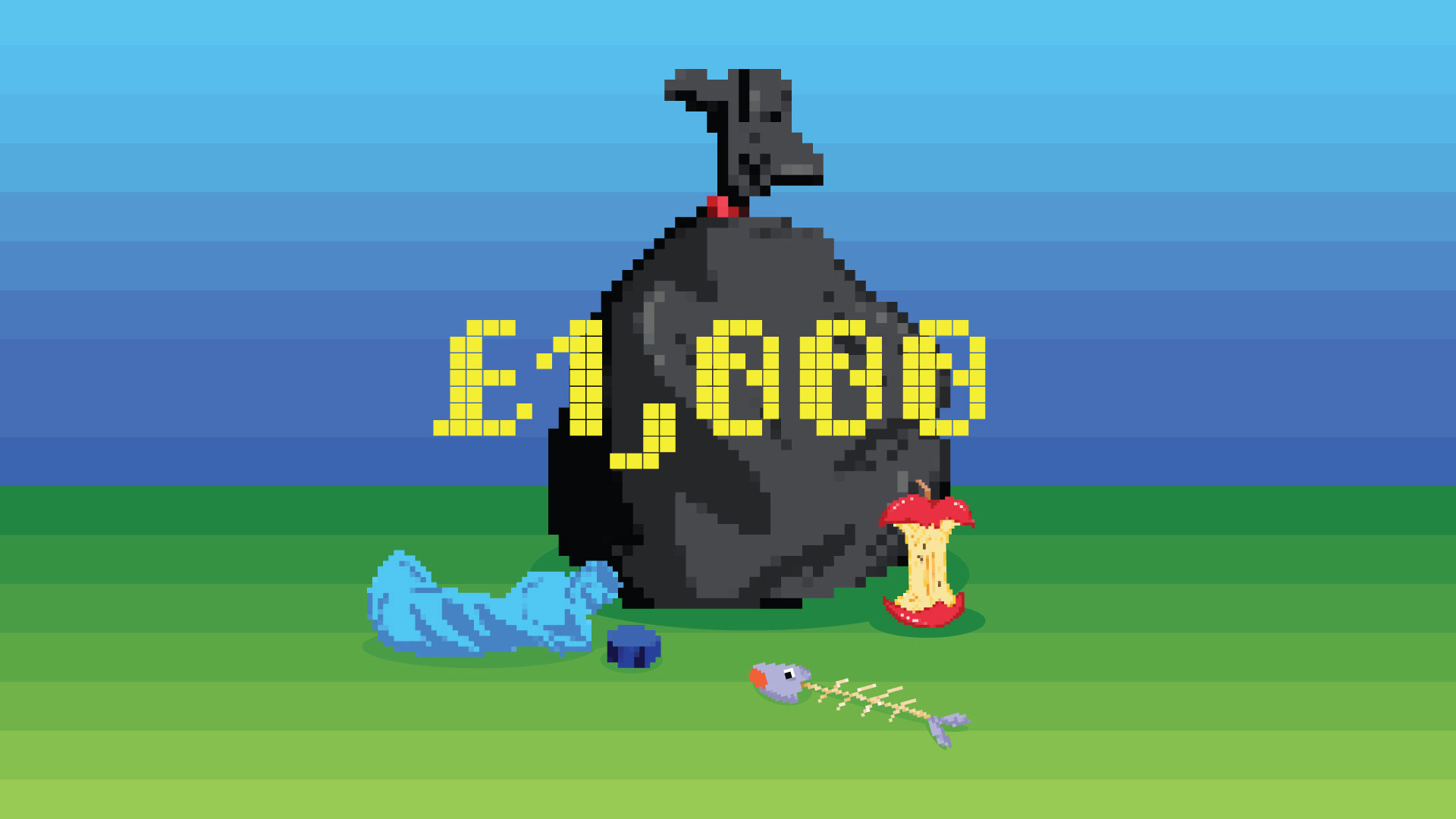In a cost of living crisis, it isn’t surprising that these apps have become something of a side-hustle for people to unlock gift vouchers or spot prizes, converting digital points into cash in our pockets.
I believe gamification is reimagining and monetising good citizenship. But there are winners and losers in participation. The rise of these apps prompts important questions.
First, what does this mean for society? Shouldn’t the public be doing these things anyway? Do we really need incentivised rewards to persuade us to put rubbish in the bin or consider volunteering in our local communities? Perhaps we do: 10 million pieces of litter have now been binned via LitterLotto, which has grown rapidly since its launch in 2021 and has been formally adopted by several local councils in the UK.
The mobile app ‘Treedom’ based in the United States, which encourages young people to ‘do good and win’ by converting volunteering hours into scholarship opportunities for college tuition fees, has been linked to more than 650,000 recorded hours of service. Whatever the incentive or digital platform, isn’t this a good thing?
There are clear benefits to these apps, but they do spark a wider and important debate about whether acts of good citizenship are innate or if they need to be encouraged, and if so, what role should digital rewards play?
Second, we must recognise there are challenges and important policy issues. Some digital apps that gamify good citizenship include gambling-style systems and chance-based mechanisms, such as lotteries or randomised prize reveals. This is a fast-paced and sometimes grey area of legislation.
Advertising helps fund Big Issue’s mission to end poverty
We know from research that the boundaries of gaming and gambling are blurring, particularly for children and young people and their experiences of gambling-style systems in digital games. Many digital apps in this area, which are almost universally free to download, still use features such as spinning wheels and lottery tickets to encourage repeat usage, and these normalise and expose people to gambling techniques.
We need to know more about how potentially harmful chance-based features are used within seemingly positive apps for social good.
Finally, in the current political moment, the much wider trend of ‘gamifying citizenship’ has become more extreme, with chilling consequences. Just a few weeks ago, Trump officials reportedly discussed a TV game show with US citizenship as a prize.
This is a worrying direction of travel in an already hostile environment. The Department of Homeland Security have only confirmed that TV producer Rob Worsoff’s pitch for The American “has not received approval or rejection by staff”.
However, the fact it is even considering a reality TV show of ‘civic challenges’ for immigrants competing for this top prize speaks volumes.
I do believe in the power of games and digital apps for social good, but we should be alert to the wider politics of gamification. Rewarding citizens for sustainable behaviours or volunteering could be an important nudge towards improving our societal and environmental future.
Advertising helps fund Big Issue’s mission to end poverty
But citizenship, and struggles for citizenship rights, are not a game to be played around with.
Sarah Mills is professor in human geography at Loughborough University.
Promises are easy to break. Sign Big Issue’s petition for a Poverty Zero law and help us make tackling poverty a legal requirement, not just a policy priority.
Do you have a story to tell or opinions to share about this? Get in touch and tell us more. Big Issue exists to give homeless and marginalised people the opportunity to earn an income. To support our work buy a copy of the magazine or get the app from the App Store or Google Play.





